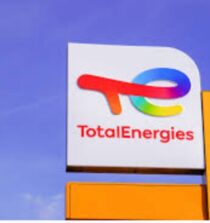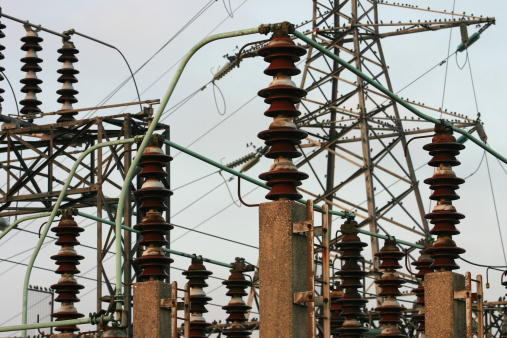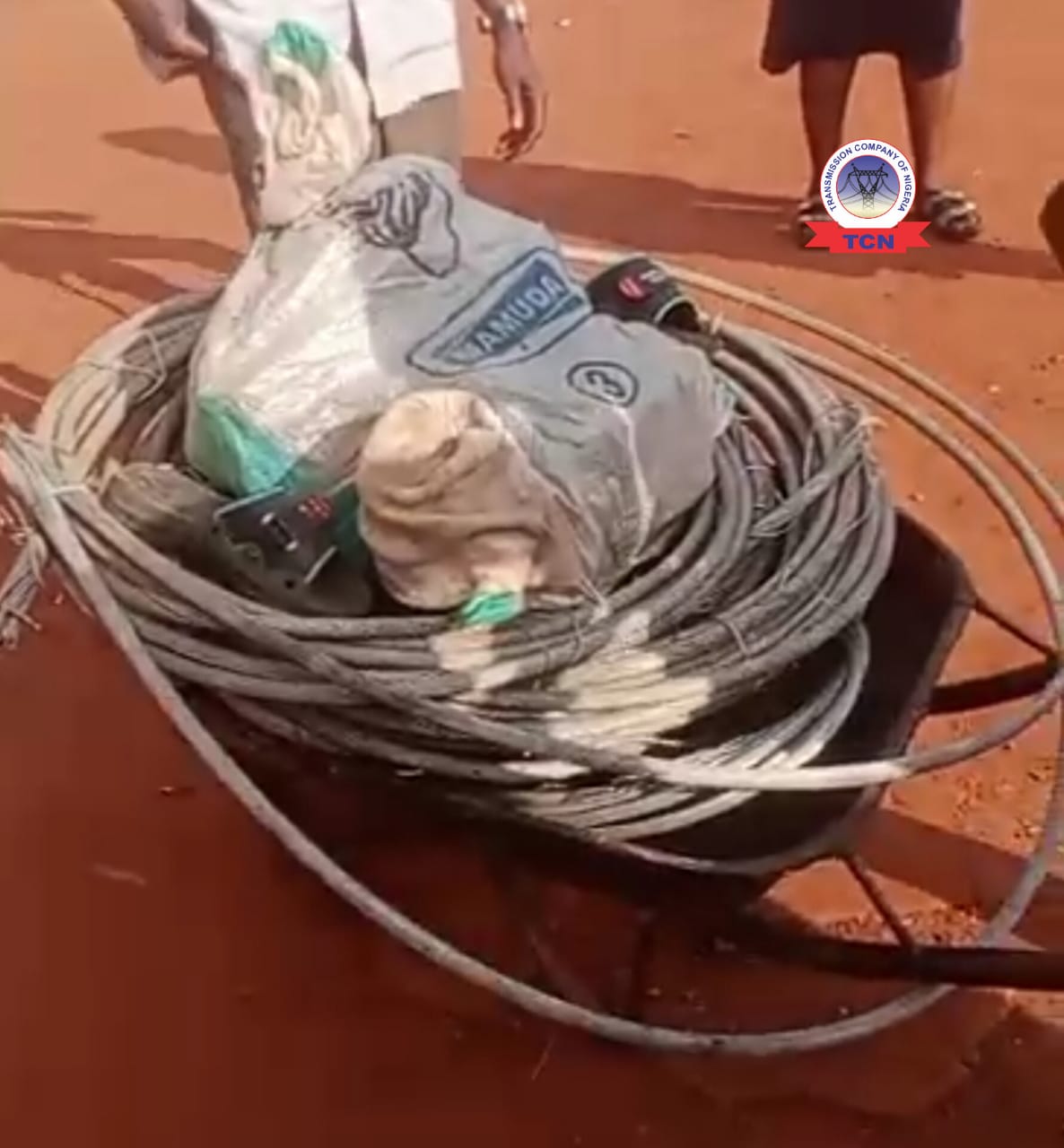By Energy Worth
The Transmission Company of Nigeria (TCN), disclosed on Wednesday that, it was economically wise to sell electricity to buyers in other countries since generating companies must continue to invest and reinvest to sustain the supply chain.
Defending the sale of electricity to other countries when a greater percentage of the populace are not getting supply, Chief Executive Officer of TCN, Mr Usman Gur Mohammed, said that energy business was no more a charity and that government cannot continue to pump money to generate electricity that consumers cannot pay for.
Briefing the press at the end of a two-day sensitisation programme ahead of the launch of ECOWAS electricity market, Mohammed said that bringing electricity to the people entails selling the one generated because it can be stored.
“Bringing electricity to the people has to do with investment. Again, you need to sell energy because you must pay for generation. The truth is that if you as a government cannot give energy to your people due to some problems, the only option is to sell to whoever wants to buy,” he stated.
This, he noted, was why Nigeria is selling electricity to some countries in the sub-region, noting that money realised from such ventures are directed to generate more electricity and fund other sectors of the economy like provision of roads and health centers.
The challenges of power supply in Nigeria, according to him, are not peculiar, as other countries in the sub-region are having a similar experience, which, he said, could be addressed with a strong marketing and distribution network.
At present, he said that Nigeria was selling 250 megawatts to the Benin Republic daily, the international transmission line supplying the Niger Republic, Burkina Faso carries 340 megawatts daily. He announced that the ECOWAS Regional Electricity Regulatory Authority (ERERA) has fixed 2019 as the target year to achieve interconnection of electricity supply to other member countries to boost revenue generation from the energy sector.
Already, he said that nine countries have achieved interconnections, and by the end of 2019, other 14 land countries of the regional body would have been linked together.
“I think Cape Verde is the only country that may not be connected at the end of 2019 because it is an island in the Atlantic Ocean and also is far from the nearest country,” he stated.
According to him, after the countries in the sub-region might have been connected, Benin Republic will host the International Coordinating Centre in Cotonou, while a back centre will be located in Ikeja, Nigeria.







